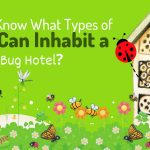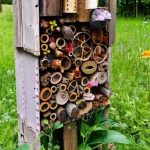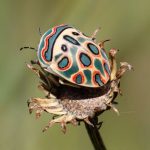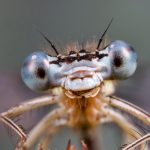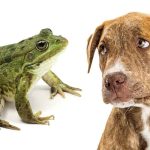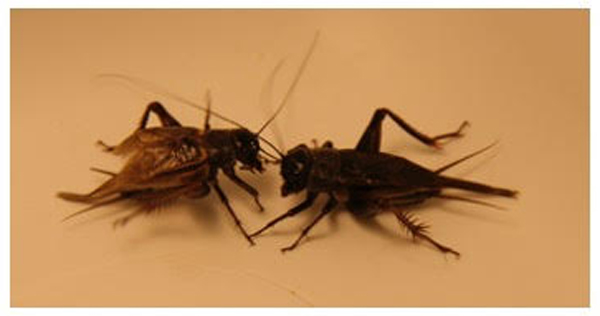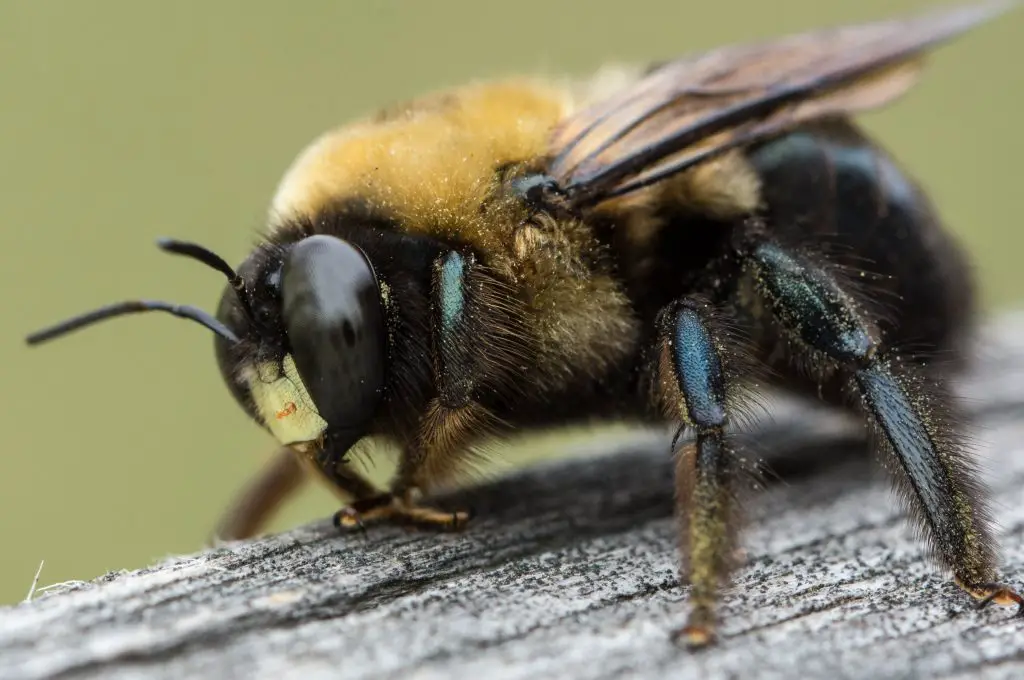Killing a wasp can lead to a defensive attack, putting you at risk of being stung. Additionally, it may disrupt the ecosystem as wasps play a role in pollination and pest control.
Wasps may also release pheromones when threatened, attracting others of their kind to the area. It is important to avoid killing wasps unless necessary and to take precautions when doing so. Understanding the behavior of wasps can help you minimize the risks associated with their presence.
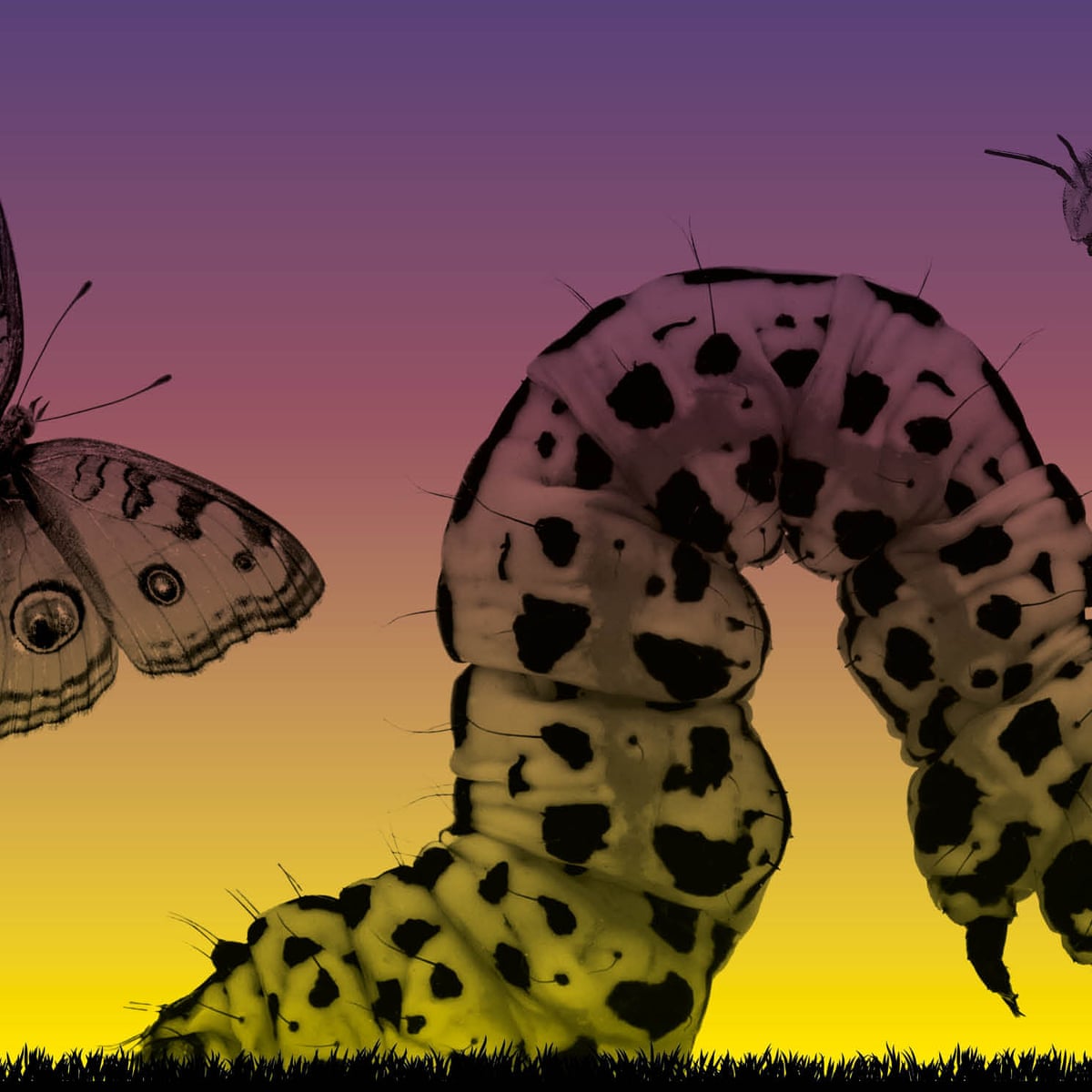
Credit: www.theguardian.com
Understanding The Role Of Wasps In The Ecosystem
Understanding the role of wasps in the ecosystem is crucial to maintaining a balanced environment. Killing a wasp can disrupt the ecological chain, impacting pollination and pest control.
The Importance Of Wasps In The Ecosystem
Wasps are often misunderstood and feared creatures, but they play a vital role in our ecosystem. Understanding their importance can help us appreciate these buzzing insects more. So, what exactly do wasps do for our ecosystem? Let’s explore their contributions:
- Pollination: While bees are the most well-known pollinators, wasps also play a part in this important process. They visit flowers in search of nectar, inadvertently transferring pollen from one flower to another. This helps with plant reproduction and the formation of fruits and seeds.
- Natural pest controllers: Did you know that wasps are natural pest controllers? They help keep insect populations in check by preying on various pests such as caterpillars, flies, and aphids. In fact, many wasp species are considered beneficial in agriculture since they can reduce the need for chemical pesticides.
- Decomposition: In addition to controlling pests, certain wasps also contribute to decomposition. They feed on dead insects and other organic matter, breaking them down and recycling nutrients back into the ecosystem. This helps maintain a healthy balance and nutrient cycling in nature.
- Biodiversity: Wasps are a significant part of our planet’s biodiversity. There are thousands of species of wasps worldwide, each with its unique role in the ecosystem. Just like any other living creature, they have their place in the intricate web of life, contributing to the overall diversity and balance of our natural habitats.
- Food source: Wasps serve as a crucial food source for various other organisms. Birds, spiders, reptiles, and even other insects prey on wasps for sustenance. Their presence in the food chain supports the survival and reproductive success of these predators, ensuring the stability of the ecosystem.
Understanding the invaluable contributions of wasps in the ecosystem can help us coexist with them peacefully. It is essential to appreciate the intricate connections between different species and recognize the value they bring to our natural world. So, the next time you encounter a wasp, remember their role in maintaining the delicate balance of nature.
Immediate Impact Of Killing A Wasp
Killing a wasp can have an immediate impact, as it can release pheromones that attract other wasps. This can lead to increased aggression and the potential for more stings.
Killing a wasp may seem like a simple act, but it can have immediate consequences that you might not expect. When a wasp is killed, several things happen that can potentially affect you and those around you. Understanding these immediate impacts can help you make informed decisions when dealing with these flying insects.
Defensive Mechanisms Of A Dying Wasp:
- Stinger retention: Despite being dead, a wasp’s stinger could remain lodged in your skin, potentially causing further discomfort or irritation.
- Agitation: Dying wasps can become more agitated, making them more aggressive even in their final moments.
- Risk of injury: Handling a dying wasp can pose a risk of injury, as their reflexes can still cause them to sting.
Release Of Pheromones And Distress Signals:
- Alarm pheromones: When a wasp is killed, it releases alarm pheromones that signal danger to other wasps in the vicinity.
- Communication to the colony: These pheromones can alert other wasps to the presence of a threat and prompt them to respond aggressively.
- Increased wasp activity: The release of distress signals can trigger a surge in wasp activity as others join the defensive response.
Aggressive Response From Other Nearby Wasps:
- Mob mentality: Other nearby wasps may perceive the killing of one of their own as an attack on their colony, triggering an aggressive response.
- Enhanced aggression: The presence of alarm pheromones from a dying wasp can further escalate the aggressive behavior of other wasps.
- Multiple attackers: Killing a wasp could attract more wasps to the scene, increasing the likelihood of multiple wasps simultaneously attacking in defense.
Remember, killing a wasp should only be done with caution and as a last resort. It’s essential to prioritize your safety while respecting the role these insects play in the ecosystem. If you find yourself dealing with a wasp infestation or dangerous situation, consider contacting professionals who can safely remove or relocate them.
Consequences For The Environment
Killing a wasp can have negative consequences for the environment. Wasps play a vital role in pollination and controlling pests, and their absence can disrupt the delicate ecosystem balance.
When it comes to killing a wasp, it is important to consider the consequences it may have on the environment. Wasps play a significant role in the ecosystem, and their removal can disrupt the delicate balance of nature. Let’s explore the potential environmental impact of killing a wasp:
Disruption Of The Food Chain:
- Wasps are predators that feed on other insects and arthropods, maintaining population control in their habitat. By eliminating wasps, there is a risk of disrupting the food chain.
- With fewer wasps, certain insect populations may increase exponentially, leading to imbalances and potential outbreaks.
- These disruptions can have cascading effects on local ecosystems, affecting both plants and animals that rely on the natural balance.
Impact On Other Beneficial Insects:
- Wasps are not the only beneficial insects in our surroundings. Ladybugs, bees, and green lacewings also contribute to insect control and pollination.
- The use of pesticides or killing wasps can inadvertently harm these beneficial insects, resulting in a decline in their populations.
- Consequently, this could impact the pollination of plants and the natural control of pests, leading to potential long-term consequences for the environment.
Potential Increase In Pest Population:
- Wasps are known to prey on certain pest species, such as caterpillars and flies. Their presence helps in keeping pest populations in check.
- If wasps are eliminated, these pests can proliferate rapidly, causing damage to crops or spreading diseases.
- An increase in pest populations may require the use of chemical pesticides, which can have further negative impacts on the environment.
Killing a wasp can have consequences that extend beyond its immediate removal. Disruption of the food chain, impact on beneficial insects, and the potential increase in pest population are all factors to consider when deciding how to deal with a wasp presence.
It is crucial to find a balance that preserves both human interests and the delicate ecosystems around us.
Potential Dangers For Humans
Killing a wasp can lead to potential dangers for humans, as it may provoke the other wasps in the vicinity to attack, causing painful stings. It’s important to exercise caution and avoid aggressive actions towards wasps to prevent any harm.
Wasps are known to be formidable insects, and encounters with them can pose certain risks and dangers for humans. From allergic reactions to increased risk of secondary stings, as well as emotional and psychological responses, here are some potential dangers to be aware of:
Allergic Reactions To Wasp Stings
- For individuals who are allergic to wasp venom, being stung can trigger severe allergic reactions. These reactions can range from localized swelling and redness to more serious symptoms such as difficulty breathing, hives, dizziness, or even anaphylaxis.
- Anaphylaxis is a life-threatening reaction that can cause a drop in blood pressure, loss of consciousness, and constriction of airways. If you or someone you know has a known allergy to wasp stings, it is important to have immediate access to an epinephrine auto-injector, such as an epipen, to alleviate symptoms and seek emergency medical attention.
Increased Risk Of Secondary Stings
- When a wasp is killed or feels threatened, it releases a chemical signal known as a pheromone, which attracts other wasps to the area. This chemical can lead to an increased risk of secondary stings, as more wasps may swarm and attack in defense.
- It is crucial to remain calm and avoid swatting at wasps if they are present, as sudden movements or aggression can further agitate them. Instead, slowly and calmly move away from the area to minimize the risk of additional stings.
Emotional And Psychological Response To Wasp Encounters
- Some individuals may experience fear, anxiety, or phobias related to wasps or stinging insects in general. These emotional and psychological responses can lead to heightened stress levels, avoidance behaviors, and a decrease in overall quality of life.
- If you find yourself feeling overwhelmed or anxious about wasp encounters, seeking professional help from a therapist or counselor can be beneficial in managing fears and developing coping strategies.
Overall, it is important to exercise caution and be mindful of the potential dangers associated with killing a wasp. If you have allergies or concerns regarding wasp encounters, taking necessary precautions and seeking appropriate support can help ensure your safety and well-being.
Stay informed, stay safe!
Alternative Approaches To Dealing With Wasps
Killing a wasp can trigger aggressive behavior from nearby wasps, making the situation worse. Seeking alternative approaches, such as using natural repellents or calling professional pest control, can help safely deal with the issue.
Wasps can be a nuisance, but they also play a role in our ecosystem. If you’re not keen on killing them, there are alternative approaches you can take to deal with these buzzing insects. Here are a few options to consider:
Wasp Prevention And Deterrence Measures:
- Keep food and drinks covered when outdoors to avoid attracting wasps.
- Seal any cracks or gaps in your home’s exterior to prevent wasps from nesting.
- Install window screens and door sweeps to keep wasps from entering your home.
- Remove fallen fruits and clean up spills promptly, as they can attract wasps.
- Plant insect-repellent herbs, such as mint, basil, or lavender, in your garden.
Encouraging Wasps To Relocate Instead Of Killing Them:
- Hang fake nests near areas where wasps are a nuisance. Wasps are territorial creatures and may avoid areas that they perceive as already occupied.
- Use natural repellents like peppermint oil or diluted vinegar to discourage wasps from nesting in specific areas.
- Create decoy food sources away from your living space to divert wasps’ attention.
Remember, these methods may not guarantee the complete elimination of wasps, but they can help you manage their presence without resorting to killing them.
Seeking Professional Help For Wasp Removal:
Sometimes, the presence of wasps becomes too overwhelming or dangerous to handle on your own. In such cases, it’s best to seek professional assistance. Here are a few reasons to consider hiring a professional:
- Professionals have the knowledge and experience to safely handle wasp nests, minimizing the risk of stings.
- They can identify the type of wasp and take the necessary steps to eradicate the problem effectively.
- Professionals use eco-friendly and humane methods to remove wasps, ensuring the safety of both humans and the environment.
Before hiring a professional, research reputable pest control companies in your area. Read reviews, ask for recommendations, and ensure they follow ethical practices.
Remember, your approach to wasp control should prioritize both your safety and the well-being of these beneficial creatures. By implementing preventive measures, encouraging relocation, or seeking professional help, you can find a solution that aligns with your values and protects your space.
Frequently Asked Questions On What Happens If You Kill A Wasp
Can Killing A Wasp Attract More Wasps?
Yes, killing a wasp can attract more wasps. When a wasp is killed, it releases a chemical signal that notifies other wasps of danger. This can cause more wasps to come to the area to investigate the threat, potentially leading to an increased wasp presence.
Will Killing A Wasp Prevent It From Stinging?
Killing a wasp will prevent it from stinging. When a wasp is killed, it can no longer defend itself or feel threatened, therefore it won’t have any reason to sting. However, it’s important to note that if you attempt to kill a wasp and fail, it may become more aggressive and more likely to sting.
Is It Safe To Kill A Wasp Indoors?
It is generally safe to kill a wasp indoors, but caution should be taken. Make sure to use a flyswatter or aerosol insecticide spray specifically designed for wasps. Avoid using excessive force or aggressive methods that may cause the wasp to become agitated and potentially sting.
It’s best to consult a professional if you are unsure or have concerns.
Conclusion
Killing a wasp may seem like a simple act, but it can have consequences that go beyond the immediate satisfaction of eliminating a nuisance. Wasps play an important role in the ecosystem, acting as pollinators and controlling populations of other insects.
If you kill a wasp, you may disrupt the delicate balance of nature and have unintended effects on the environment. Additionally, killing a wasp can also pose risks to human health. When threatened, wasps release pheromones that signal other wasps to attack, potentially leading to a painful and dangerous situation.
Rather than resorting to killing wasps, it is advisable to take preventative measures such as sealing entry points and removing attractants to deter them from your surroundings. If you encounter a wasp, it is best to avoid confrontation and contact a professional pest control service if necessary.
By understanding the consequences of killing a wasp, we can make more informed decisions that benefit both the environment and our own well-being.

“My name is Leo Jacob, and I hold a Bachelor of Science degree with Honors in Applied Environmental Science and Sustainability from the University of the West of Scotland. Since childhood, I’ve been passionate about living an eco-friendly life. After completing my studies, I dedicated myself to finding simple ways to lead a more environmentally conscious lifestyle. I launched ecolifely.com to share my educational background and practical experiences with everyone, hoping to inspire others to join me in creating a greener, more sustainable world.”
